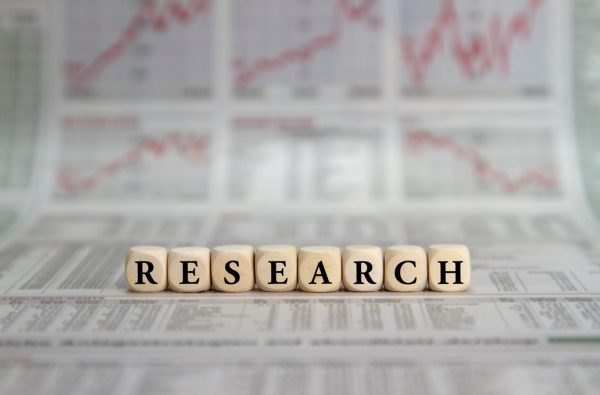
The purpose of this report is to establish the essential background setting in which the SocialWatt activities will be carried out.
Publications (270)

The purpose of this report is to establish the essential background setting in which the SocialWatt activities will be carried out.


The aim of this work is to develop a novel high-resolution spatial scale composite index, focusing on space heating and cooling, to map energy poor regions and identify hotspots for local action.


The report monitors the performance of consumer protection measures in the European electricity and gas markets.







The aim of this research is to explore the possibilities of using the information about energy consumption records in the new smart meters as reliable information for energy research of the residential building stock.




This research studies the feasibility of implementing the FPPRI in different climate zones of Chile by means of regression models based on artificial neural networks (ANNs).





This report is the result of analysis of both consumer and stakeholder surveys carried out in the countries involved in the ASSIST project.



This consultation document sets out several proposals to update the 2015 fuel poverty strategy for England.